China warns US, S Korea against ‘stirring tensions' with Pyongyang
China has warned the US and South Korea against "stirring up tensions" and "provoking confrontation" with the North following Washington’s decision to deploy nuclear submarines to Seoul to purportedly protect it against Pyongyang.
Beijing on Thursday strongly reacted to the US decision to send nuclear armed submarines to South Korea by warning both Washington and Seoul against "provoking confrontation" with Pyongyang, Seoul's arch-foe.
"All parties should face up to the crux of the (Korean) peninsula issue and play a constructive role in promoting a peaceful settlement of the issue," said Chinese Foreign Ministry spokeswoman Mao Ning at a press conference.
She further warned the US and South Korea against "deliberately stirring up tensions, provoking confrontation and playing up threats."
Mao also lambasted the so-called Washington Declaration pact with Seoul, insisting that the US "ignores regional security and insists on exploiting the peninsula issue to create tension."
"What the US is doing ... provokes confrontation between camps, undermines the nuclear non-proliferation regime and the strategic interests of other countries," she stressed, warning that US moves "aggravate tensions on the peninsula, undermine regional peace and stability, and run counter to the goal of denuclearization on the peninsula."
According to the military agreement signed between the American and South Korean presidents on Wednesday, Washington threatened to "end" the government of North Korea led by Kim Jong-un if Pyongyang wages a nuclear attack against Seoul.
The last time the US sent ballistic missile submarines to South Korea was in 1981.
Over 28,500 American troops are based in South Korea as a legacy of the 1950-1953 Korean War, which concluded in an armistice rather than a peace treaty, meaning that the two neighbors are still technically at war.
North Korea, which has been under harsh sanctions by the United States and the United Nations Security Council for years over its defensive nuclear and ballistic missiles programs, has test-fired numerous missiles in 2022, including its most advanced intercontinental ballistic missile ever.
North Korea has frequently said that it will continue with its development and test-launch of missiles and nuclear weapons as a defensive measure against persisting joint war games held near its waters by US and South Korean armed forces, which Pyongyang regards as rehearsals to invade its territory.
China, North Korea's key economic benefactor and its biggest trading partner, has time and again called for a peaceful settlement of the issue, urging all parties to avoid actions that could heighten tensions or provoke a military conflict in the region.
D-8’s role in Iran’s economy after Cairo summit
China slams US as ‘war-addicted’ threat to global security
China ‘firmly opposes’ US military aid to Taiwan
VIDEO | Press TV's News Headlines
President Yoon Suk Yeol to be removed from office
At least 19 Gazans killed by Israeli airstrikes since dawn: Medics
Leader: Iran neither has nor needs proxy forces
US fighter aircraft shot down ‘in friendly fire’ amid aggression on Yemen


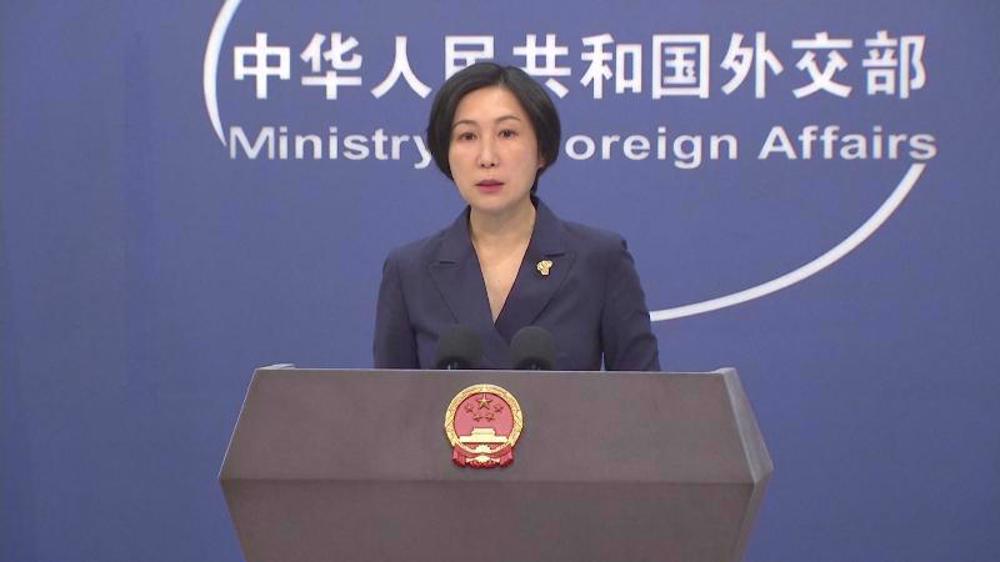
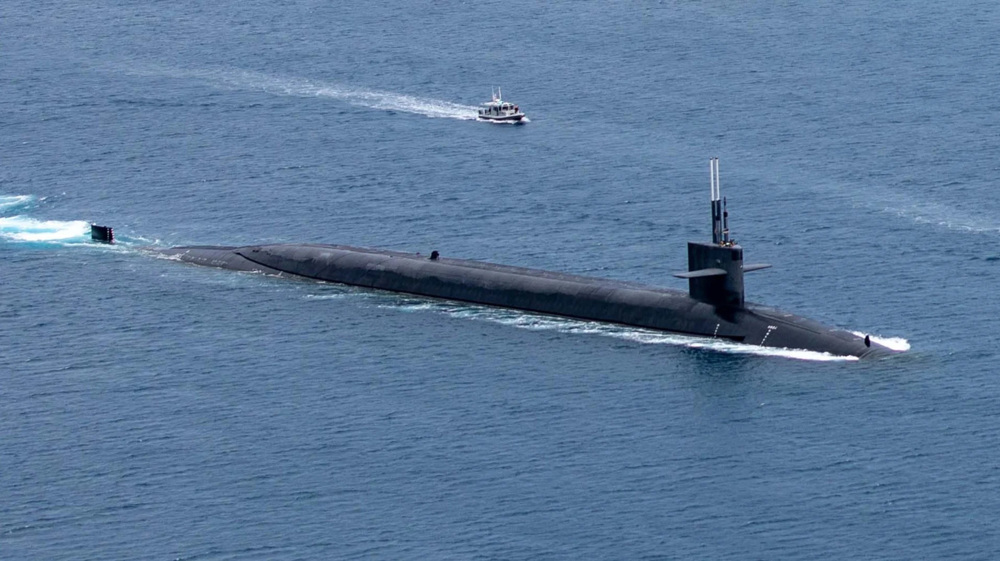
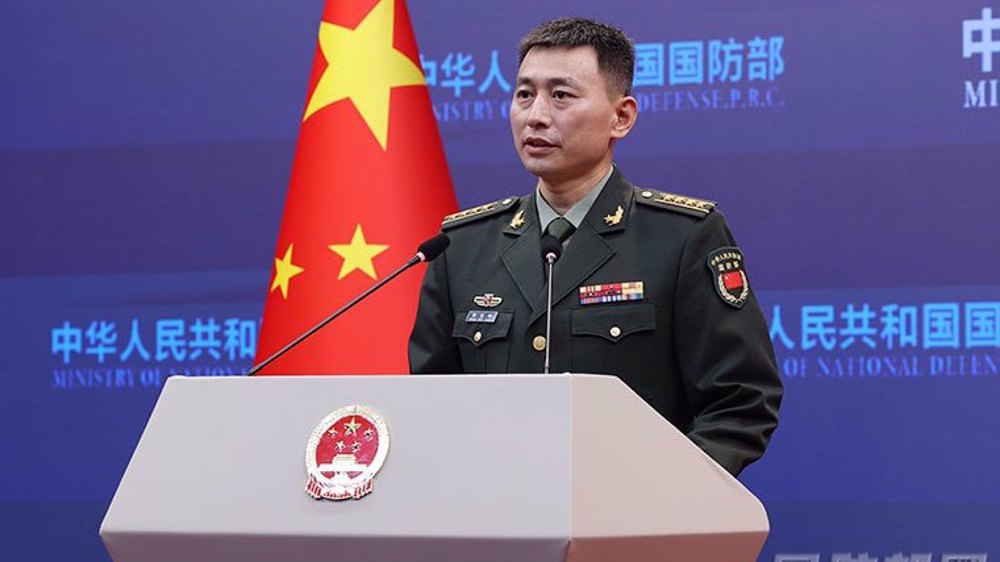
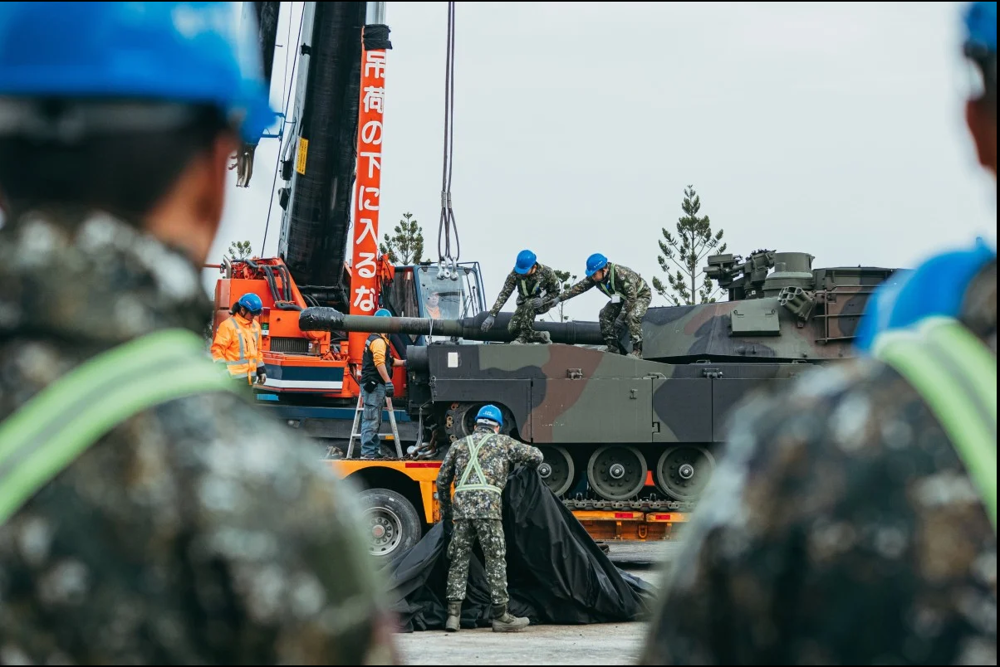




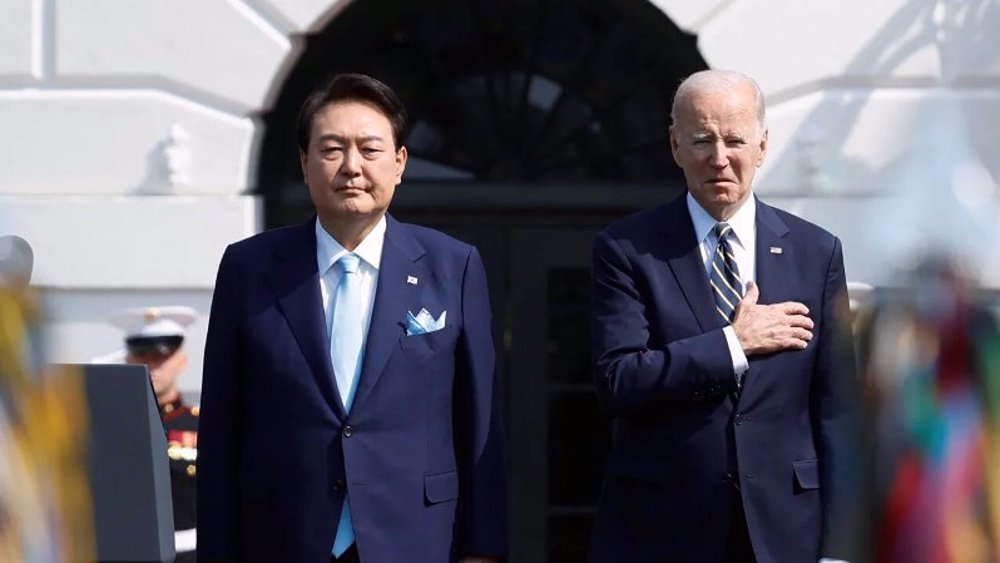

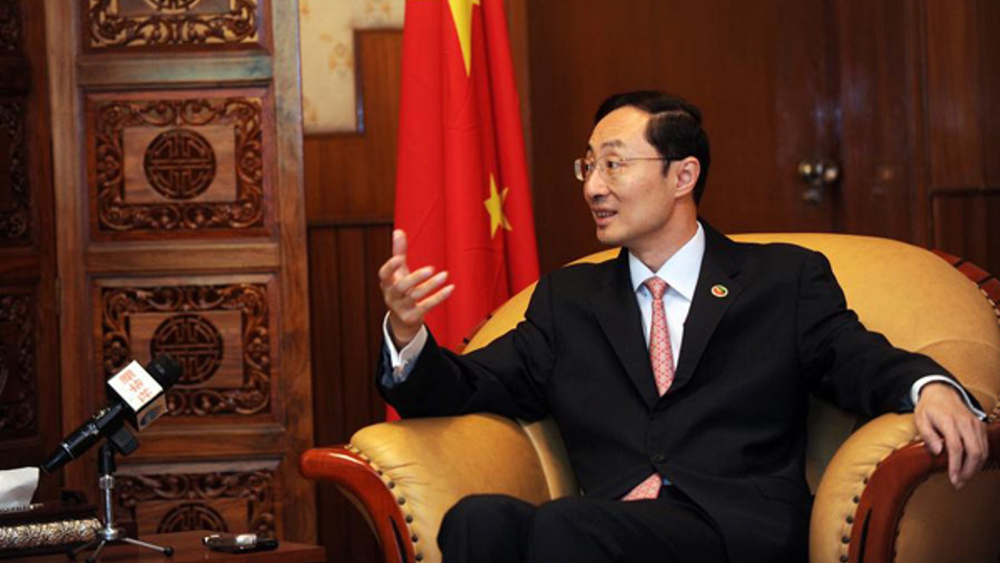

 This makes it easy to access the Press TV website
This makes it easy to access the Press TV website